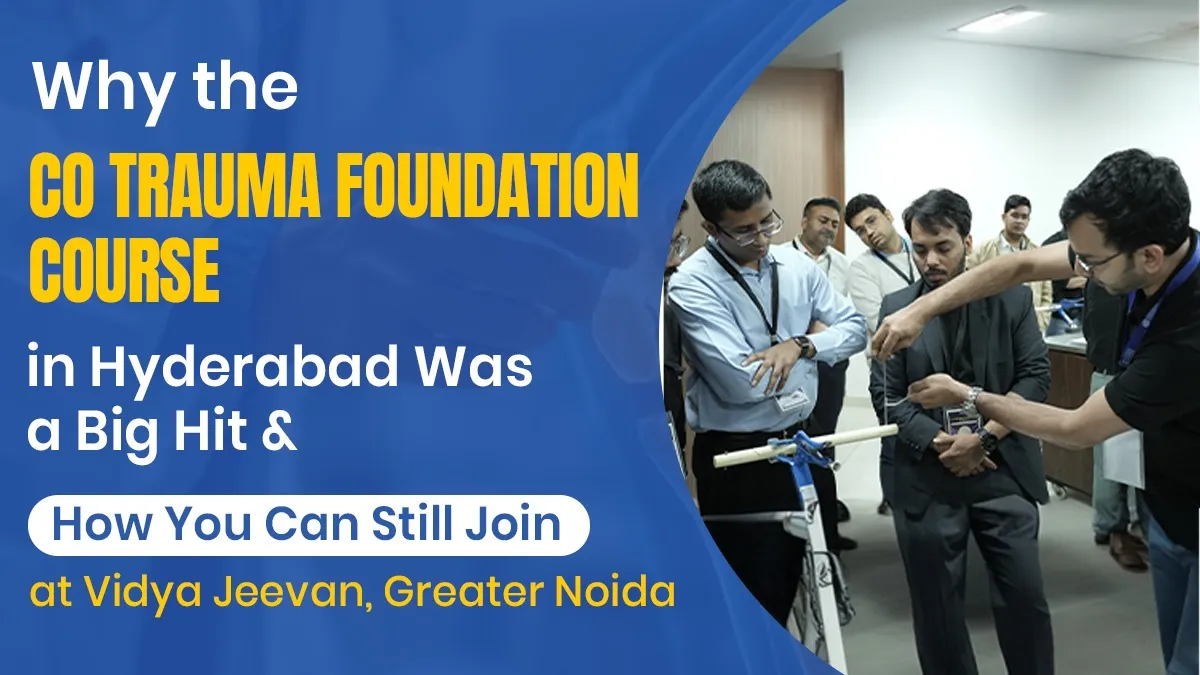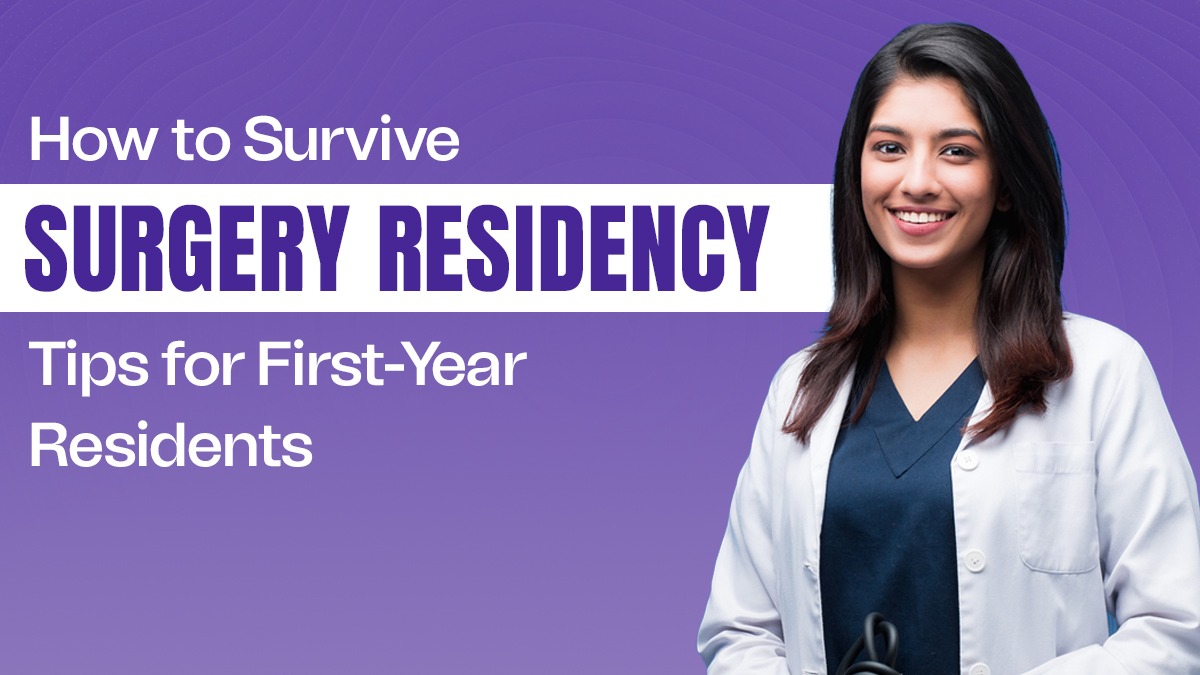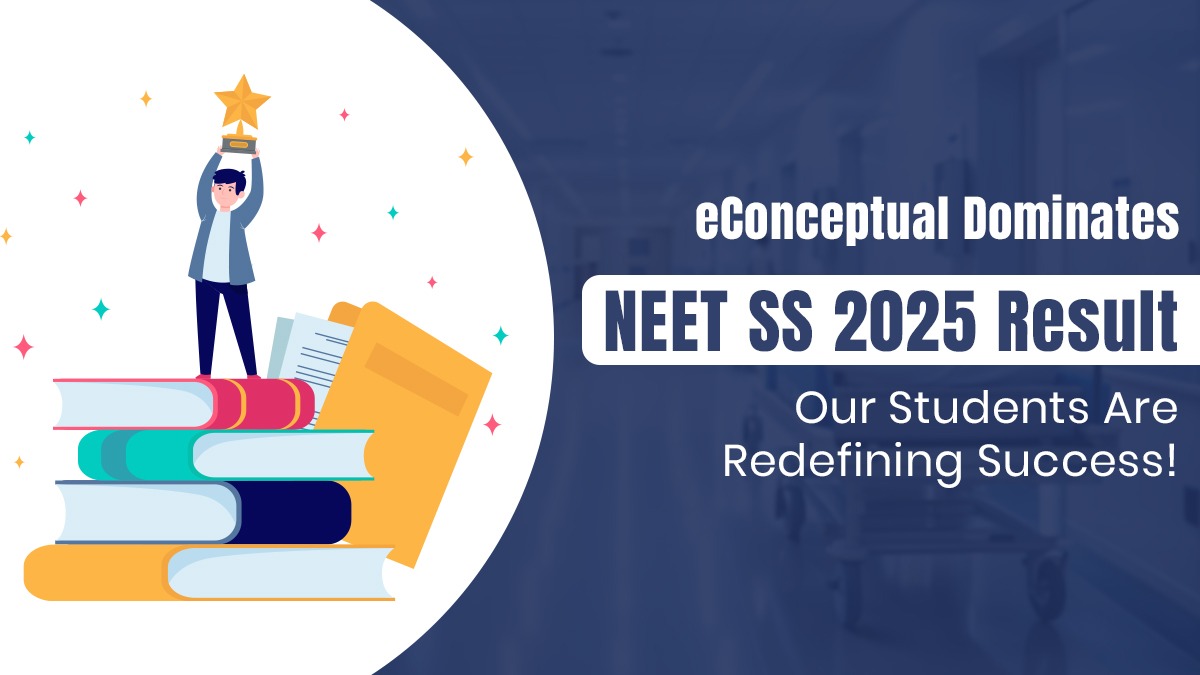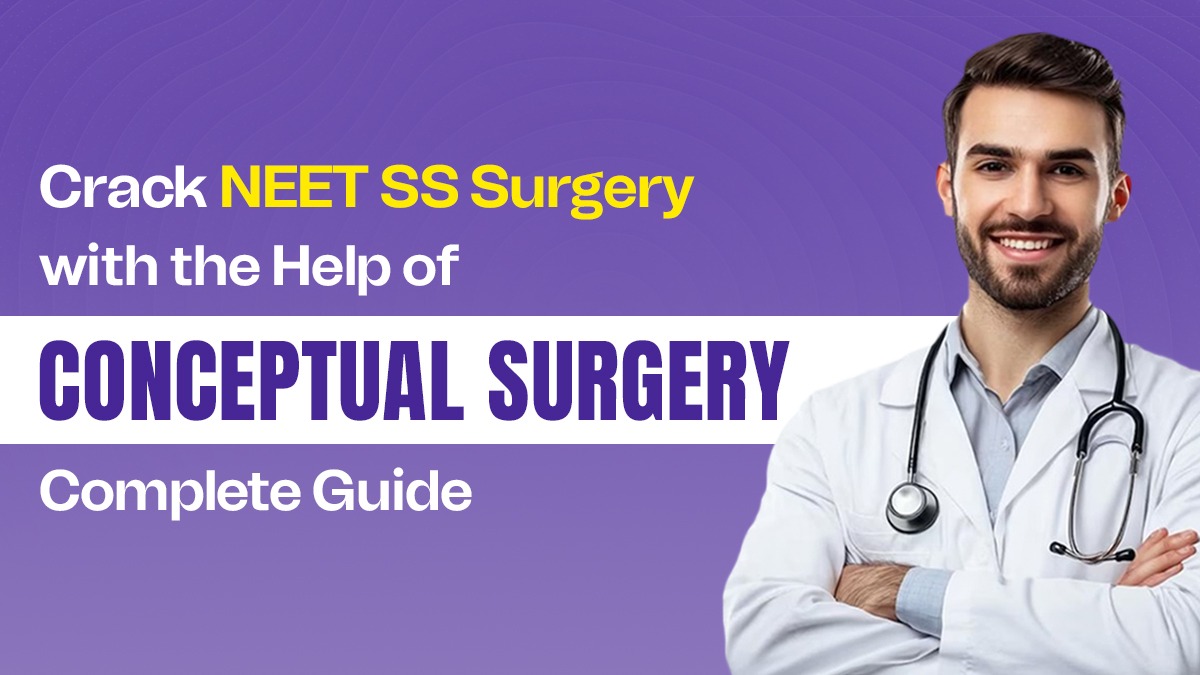Estimated reading time: 3 minutes
The National Board of Examinations in Medical Sciences (NBEMS) has released the official notification for the DNB final theory examination in June 2025. As per the announcement, the theory exams will be held on June 25th, 26th, 27th, and 28th, 2025, in a computer-based format at designated centres across India.
This exam is very important for DNB students, whether you’re appearing for both theory and practical exams, or only the practical exam this time. To help you stay on track, here’s a breakdown of all the essential dates, links, and support details in one place.
Important Dates of DNB Final Exam
| Event | Details |
| Exam Name | DNB Final Examination – June 2025 |
| Conducting Body | National Board of Examinations in Medical Sciences (NBEMS) |
| Website Link | https://natboard.edu.in |
| Mode of Exam | Computer-Based Test (CBT) |
| Date of Theory Examination | 25th, 26th, 27th, and 28th June 2025 |
| Online Submission of the Application Form | 15th May 2025 (3:00 PM) to 3rd June 2025 (11:55 PM) |
| Candidate Support (Tech/Payment Issues) | (Tech/Payment Issues)  +91-7996165333 +91-7996165333 |
What’s Next?
So, before doing anything, candidates should go through the Information Bulletin before applying for the DNB Final Examination. Please check all the information and details eligibility criteria, exam pattern, marking scheme, and the steps on how to fill out the online application, because a minor mistake can keep you away from your exam. So be extra careful while filling out the application form.
Go through everything carefully before submitting the application form.
Preparing for the DNB Exam? Here’s a Reliable Platform
If you are looking for a structured preparation platform, the eConceptual platform is a helpful resource which provides you with a 360-degree approach. It has separate platforms for different branches, like orthopedics, radiology, surgery, anesthesia, OBG, and medicine. They offer:
- High-quality video lectures by expert faculty
- Concept-based learning rather than rote memorisation
- Exam-targeted practice questions and test series
- Access to practical case discussions and clinical scenarios
The platform is designed to assist medical PG students preparing for MS/MD/DNB and for NEET SS. We don’t just say, we prove it again and again. Here is the latest result of NEET SS, and you can see that our students are shining on top.
Conclusion:
As the DNB exam date has been announced, the form filling has started, and the deadline is the 3rd of June. For any query, refer official website and don’t believe rumours, and keep preparing for your exam.
And if you’re looking for a structured learning approach, do check out eConceptual—it might be just what you need to prepare confidently for the exams ahead.



 Next Stop: Vidya Jeevan, Greater Noida
Next Stop: Vidya Jeevan, Greater Noida 31st May – 1st June 2025
31st May – 1st June 2025





 More than 3000+ NEET SS-focused MCQs
More than 3000+ NEET SS-focused MCQs
